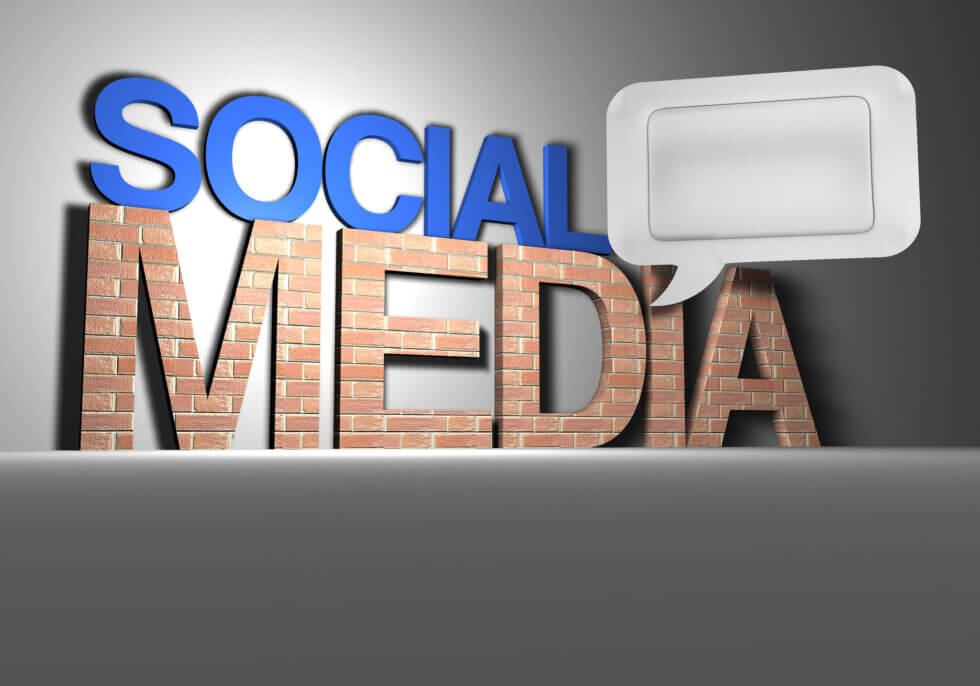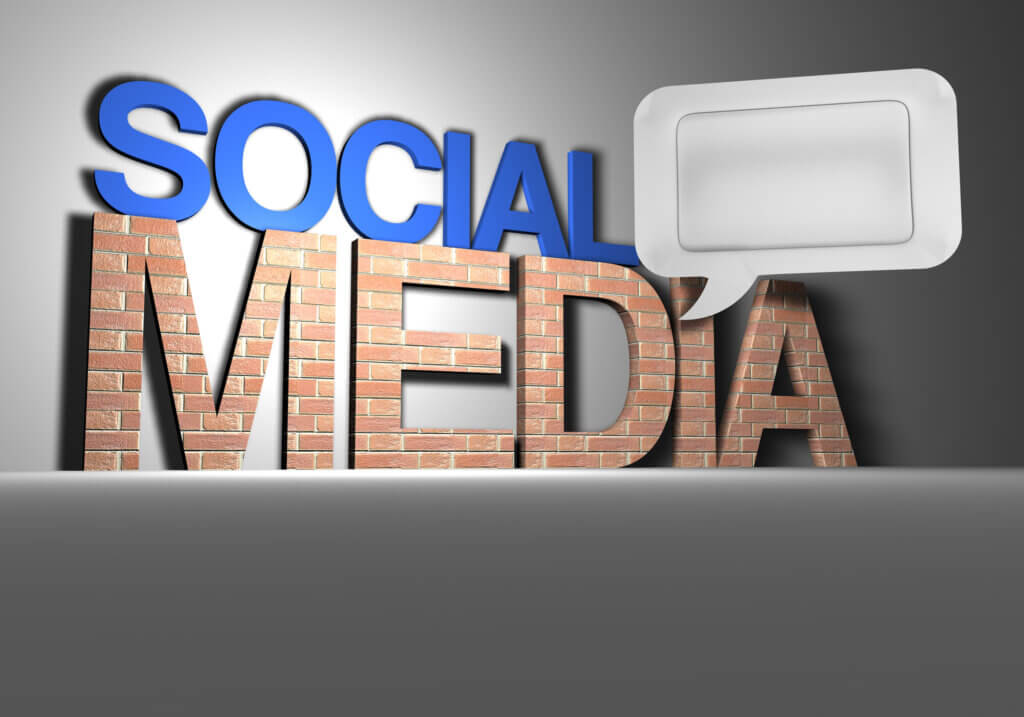
Let’s play a little game of “what if,” shall we? What if, oh I don’t know…you and your bandmates were involved in an incident during a live show that resulted in either property damage or personal injury, or perhaps both. OK, now take a breath. You were smart enough to secure liability insurance specifically for entertainers before you hit the stage, so the first thing you’re gonna do is call your insurance provider, speak to an agent and follow their guidance on the next steps, right? Now, once you get off the phone, the call of social media beckons. In this ultra-connected age, it’s almost second nature to immediately pop on Instagram or TikTok to share the latest news with your followers, fans, friends and family. But hold on, how should you navigate social media when you’re in the midst of an insurance claim? Here are some helpful tips.
Photos
You might have the urge to share pics of the incident, or even some “before and after” shots on social media in the immediate aftermath of the incident. Even if you don’t feel you’re at fault for whatever has occurred, and you think you’re acting in your own interest to “prove” what happened or even just offer a benign “I’m OK” status update in the wake of what occurred, this isn’t a “pics or it didn’t happen” type of scenario. The best advice we can give is to avoid any photo documentation publicly, no matter how well intentioned you are. This can all be used as evidence in future legal proceedings, so whatever you share publicly could come back at you. You’re likely fine taking the photos or saving them to your devices, but consult counsel for how to then use or disseminate any photo relating to what happened. Now’s not the time to share to Instagram.
Public Posts
On that note, any public posts in general in the wake of an incident currently under investigation or part of an ongoing insurance claim should likewise be avoided. Again, we know the temptation is there to overshare, especially with fans clamoring for constant updates on their feeds, but resist the urge. Anything you say publicly is now on record, and adding libel claims to liability claims is certainly something you don’t want to get entangled with. Again, intentions may be all well and good, but you could end up saying the wrong thing, even by accident, so keep the public posts geared towards any subject other than the incident in question until the matter is completely settled.
DM’s
OK, so we think you got the point when it comes to spilling the tea through text-based posts as well as photo/video posts and reels on your public social timelines. Surely DM’ing people through X or IG is OK, right? Think again. How private are those messages, really? How many times have you seen leaked private messages and texts show up online, only to embarrass, humiliate or even defame people? Private isn’t as “private” as you think, and you can still be held responsible for anything you say online, no matter if you think you can trust the recipient of those messages or not. Somehow, they always have a way of making themselves public, and the last thing you want is anything you said in the course of a private conversation coming into play during an investigation or claims process. Keep the incident out of your DMs, and let anyone who inquires know you’re not al liberty to discuss. End it there before it goes any further.
Comments
Even if you’re not the one making the posts, you don’t need to jump into the comments section to tell your side of the story. If you see someone getting it wrong on social media and publicly stating things you don’t feel are true when it comes to the incident, please take a step back and think before you hit “comment.” Close the laptop, turn off the phone and maybe go for a walk to clear your head. Again, we know just how tempting it might be to try to clarify points being made online either by strangers or even those with firsthand knowledge of the incident. But you’re only asking for trouble if you start to engage in the comments, as you know full well things can escalate quickly and get out of hand. The last thing you need during the claims process is to become embroiled in a public comment war or spitting match with social media trolls just looking to rile you up and get you in trouble. STAY OUT OF THE COMMENTS. In fact, that’s just a good tip for life in general 🙂
Advice Solicitation
Look, we all love our friends and family. And they usually have our best interests at heart. But for the most part, they’re not trained legal professionals or insurance experts. Leave the advice to those who know what they’re doing, not Aunt Ruth who listens to too many true crime podcasts. Don’t go asking for advice from social media followers or random people who come across your profiles online. The best advice comes from those on your team, like your legal advisors or insurance agents, who will know how best to navigate your specific case and the claims being filed either against you or on your behalf. The other bozos on the internet? Forget ’em and their unsolicited tips. Just because they’re best friend in college’s roommate knew a surefire way to get out of speeding tickets doesn’t mean they’re qualified to tackle complex insurance matters.
Liking and Sharing
Up until now we’ve been discussing mostly active actions that you could take, like oversharing backstory, posting photos or even soliciting the advice of social media fans. But what about simple, seemingly passive things like “liking” a post someone else made that comments on the incident? Or just quickly hitting the “share” button on a point someone else made about the event without offering any additional comments or context of your own? Surely that can’t be a problem right? Well, have you been reading the article up until this point at all? You might still be seen as “saying” something without technically “saying” anything, if you catch our drift.
By now it should be painfully obvious that even passive likes and shares without any commentary on your part can still be seen as active endorsements of opinions on the incident. And what have we learned so far? Just keep your mouth shut during the process, and your fingers away from the keyboard or phone when it comes to any sort of acknowledgment of the event without first consulting those in charge of your representation.
At the end of the day, this is probably one of the most stressful situations you can find yourself in as a live performer. Don’t make matters worse by engaging with the internet to “set the record straight” or “tell your side of the story.” Follow the advice of the experts on your side and when in doubt, it’s best to follow the sage old advice of remaining silent. It is your right, after all, and usually the best course of action.
Stay safe out there and keep reading below to learn more about obtaining your own coverage and policy today by starting the application process online for entertainer insurance…
HEAD HERE TO GET STARTED NOW
So, need a break from the hypothetical? Do you think maybe now’s the time to start checking out live entertainer insurance for yourself? Yeah, we thought so…
Rest assured, there are experts to help you through the process and alleviate that stress, so talk to an agent today about your needs or get started applying online at https://www.kandkinsurance.com/programs/event-insurance/bands-and-performing-groups-insurance for bands and https://www.kandkinsurance.com/programs/event-insurance/performer-insurance for solo musicians and performers.
SPECIAL BONUS!
Download this FREE BONUS quick guide, including the article here and some other helpful tips when it comes to navigating the waters of entertainer insurance.
